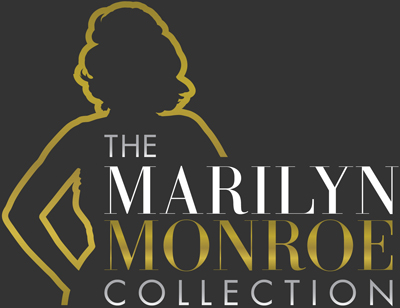Since her death in 1962, Marilyn Monroe has endured in popularity and her estate has collected a fortune. According to Forbes, Monroe is the third highest money-maker in its rankings of “The Top Earning Dead Celebrities,” with $27 million of income in 2011 (behind Michael Jackson and Elvis Presley). Not coincidentally, Monroe’s estate has also been quite litigious, protecting her personality from being exploited without license from photographers, t-shirt venders, and even hologram makers.
Now quite a bit of that money is endangered thanks to a ruling on Thursday by the Ninth Circuit Court of Appeals. In the opinion, the appellate judges affirm that Monroe LLC can’t claim in court that the legendary actress was living in California at the time of her death, which means that her heirs can’t take advantage of the state’s generous laws allowing individuals to hold rights on their name, image, and likeness.
The ruling is unlikely to effect many other dead celebrities — another decision coming soon might — but it could pave the way towards more exploitation of Marilyn Monroe’s fame outside of the estate’s control.
When Monroe died of a drug overdose, the executors of her estate took the position that she was domiciled in New York rather than California. She had residences in both states, and worked as an actress in California, so her estate very clearly had the option of registering her as a California citizen for the purpose of managing her affairs. But they didn’t — and there was a good reason why they didn’t. If she was domiciled in California, her estate would have had to pay hefty estate taxes.
Flash forward fifty years, when dead celebrities started earning large revenue, thanks partly to states like Indiana and California adopting publicity rights laws that reached backwards and allowed the heirs of the dead to hold rights on the deceased person’s likeness.
But not all states have been so generous to dead stars. New York, for one, doesn’t allow post-mortem publicity rights.
Around the middle of last decade, Monroe LLC and its agent at the time, CMG Worldwide, began taking several photo libraries to court, alleging they couldn’t sell Monroe’s image without violating her publicity rights. But various courts, recognizing how the estate had once claimed that Monroe was domiciled in New York at the time of her death, refused to apply any other standard but New York law.
Monroe’s estate kept pushing, and in a battle with The Milton H. Greene Archives, a district court determined that Monroe LLC couldn’t claim California residence based on the legal doctrine of judicial estoppel, which bars a party from asserting a position that’s inconsistent from one offered in the past. The lower court’s ruling came despite a 2007 amendment to California law that explicitly attempted to overturn a prior ruling in Monroe’s battle with the Greene Archives.
The dispute went up to the 9th Circuit of Appeals, which in a decision by Judge Kim McLane Wardlaw on Thursday, reviews the history of what happened to Marilyn Monroe after her death, and affirms the lower court’s opinion.
“This is a textbook case for applying judicial estoppel,” writes Judge Wardlaw. “Monroe’s representatives took one position on Monroe’s domicile at death for forty years, and then changed their position when it was to their great financial advantage; an advantage they secured years after Monroe’s death by convincing the California legislature to create rights that did not exist when Monroe died. Marilyn Monroe is often quoted as saying, ‘If you’re going to be two-faced, at least make one of them pretty.’”
The decision probably won’t harm the fortunes of too many other dead celebrities because it had less to do with publicity rights than judicial estoppel and Monroe’s true domicile. There’s some rather unique facts in this case. At most, it’s a warning to those who who manage the affairs of dead celebrities to mind their choices carefully after a celebrity’s passing.
The Ninth Circuit might be primed to make a much bigger decision concerning post-mortem publicity rights soon in a case involving Jimi Hendrix. The appellate circuit will soon review a Washington judge’s decision to invalidate that state’s publicity rights law on grounds it allows non-domiciled celebrities to essentially forum-shop.
As for the future of Marilyn Monroe, her estate told Reuters that it still retained exclusive rights to the film star’s likeness under federal law. There’s no federal publicity rights act, though, so the best this statement might be interpreted is that the estate plans to make use of any trademarks and copyrights it holds the best it can.
If there’s any doubt of the Ninth Circuit’s intention, it comes not only in the first footnote that mentions new controversies such as the plans for a Marilyn Monroe hologram, but also in the opinion’s conclusion, which quotes Monroe herself as predicting 50 years ago what would later come.
Said Marilyn Monroe, “I knew I belonged to the Public and to the world, not because I was talented or even beautiful but because I had never belonged to anything or anyone else.”









